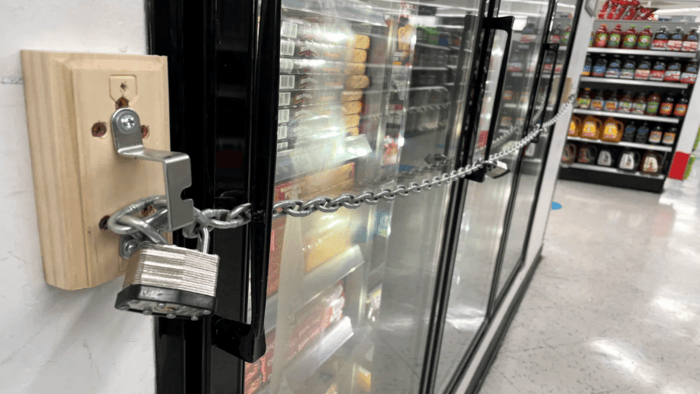Retail Crime Crackdown: Steps Forward, But Far from Over
- By [ Sarah Gilmore ]
- 06/16/2025
States Are Taking Action, But Is It Enough?
Nine states have recently passed new laws aimed at ORC networks, and while it’s a step in the right direction, the real test is whether these measures will have lasting impact. Laws in Maryland, Montana, and Nebraska have increased penalties and given prosecutors more tools to go after repeat offenders, but criminals are constantly adapting. Tougher laws are one thing—enforcement is another.
Maryland’s approach, which allows prosecutors to combine theft cases across jurisdictions, could help prevent offenders from slipping through legal loopholes. Montana, on the other hand, has raised fines and jail time, signaling a firmer stance against retail crime. These measures sound promising, but retailers know firsthand that legislation alone won’t stop highly organized crime rings.
Among the notable bills enacted this year has been in New Jersey. Earlier this month, Governor Phil Murphy (D) signed a comprehensive ORC bill (NJ SB 3587 & AB 4755) into law that creates higher penalties for repeat offenders, assaulting retail employees, and leaders of retail theft enterprises. The sweeping measure also allows law enforcement to charge thieves with the total value of thefts committed over a 12-month period.
In addition to New Jersey, comprehensive bills were also enacted in Tennessee and Utah. Tennessee’s legislation (TN HB 207 & TN SB 240) criminalizes the use of social media to sell or buy stolen merchandise, removing anti-shoplifting devices, and possessing 10 or more gift cards with the intent to defraud another. While in Utah, lawmakers included some unique provisions in their bill (UT HB 38) such as allowing prosecutors to include prior convictions from other state courts for sentencing standards and higher penalties for bringing a minor into a criminal theft operation.

Law enforcement agencies have been valued partners in the fight against ORC. Last month retailers, law enforcement agencies and prosecutors joined together to conduct a coordinated retail crime crackdown — resulting in hundreds of arrests across 28 states. This wasn’t just a one-off effort; it was a nationwide operation that relied on retailers and investigators working together to pinpoint large-scale theft rings.
The sheer scale of this effort sends a clear message: organized retail crime isn’t being ignored anymore. Major retailers—Home Depot, Ulta Beauty, Target, Walgreens—contributed crucial intelligence that helped authorities track and dismantle key players in these criminal networks. While ORC groups are known for adapting and shifting their tactics, this level of enforcement shows what’s possible when the right people collaborate.
Of course, sustaining this momentum will be the real challenge. Without continued funding, coordination, and political backing, these victories could lose impact over time. But for now, this crackdown is proving that when law enforcement, legislators, and businesses work together, meaningful disruption can happen—and that’s something worth recognizing.
Looking Ahead
Recent enforcement actions and legislative momentum signal progress, but ORC remains a complex challenge. Retailers continue advocating for federal measures like the Combating Organized Retail Crime Act (CORCA) to establish a national coordination center. While efforts to fight ORC are gaining traction, sustained enforcement, coordinated intelligence, and retailer-backed security measures will be essential to keep pace with evolving crime networks. The reality is clear—organized theft isn't disappearing anytime soon, and long-term commitment from all sides will be necessary to protect businesses and supply chains.
Tags
-
Public Policy
-
Organized Retail Crime
-
Ensuring a Safe, Sustainable Future


